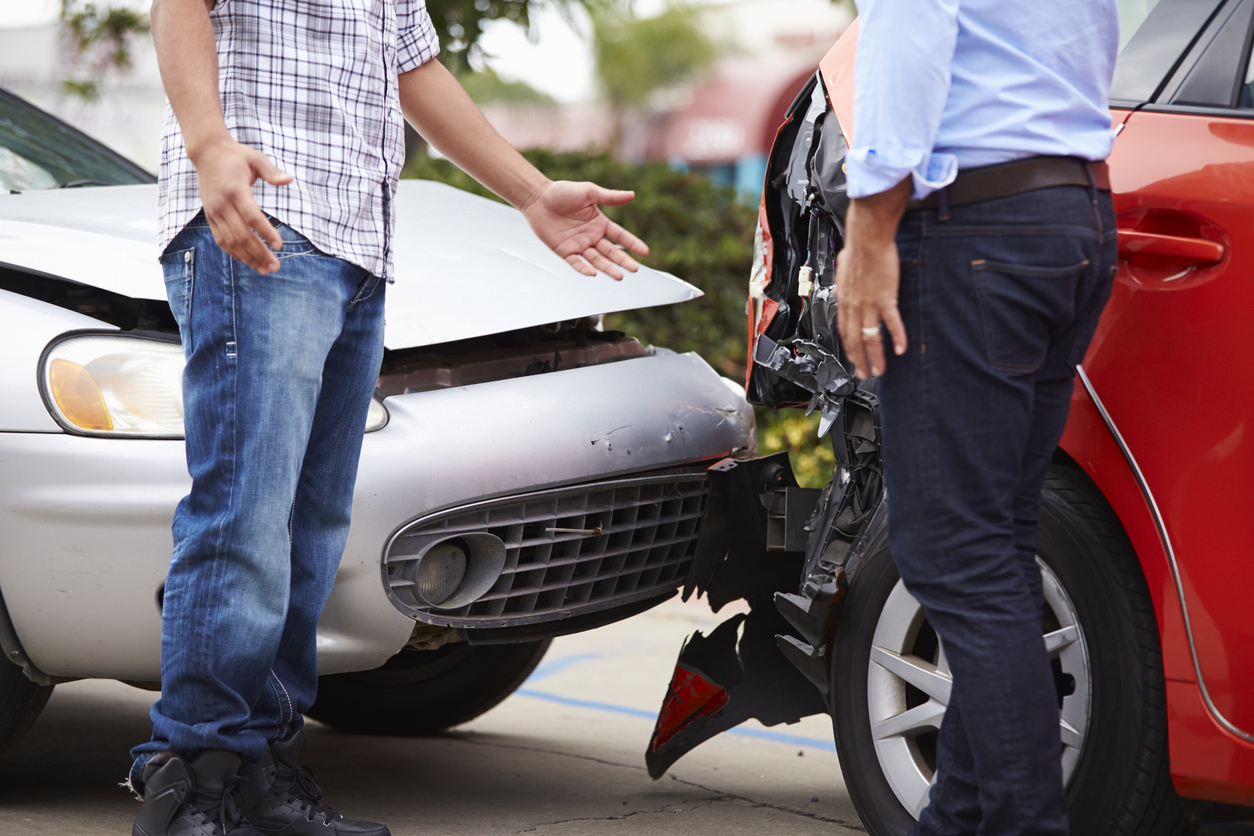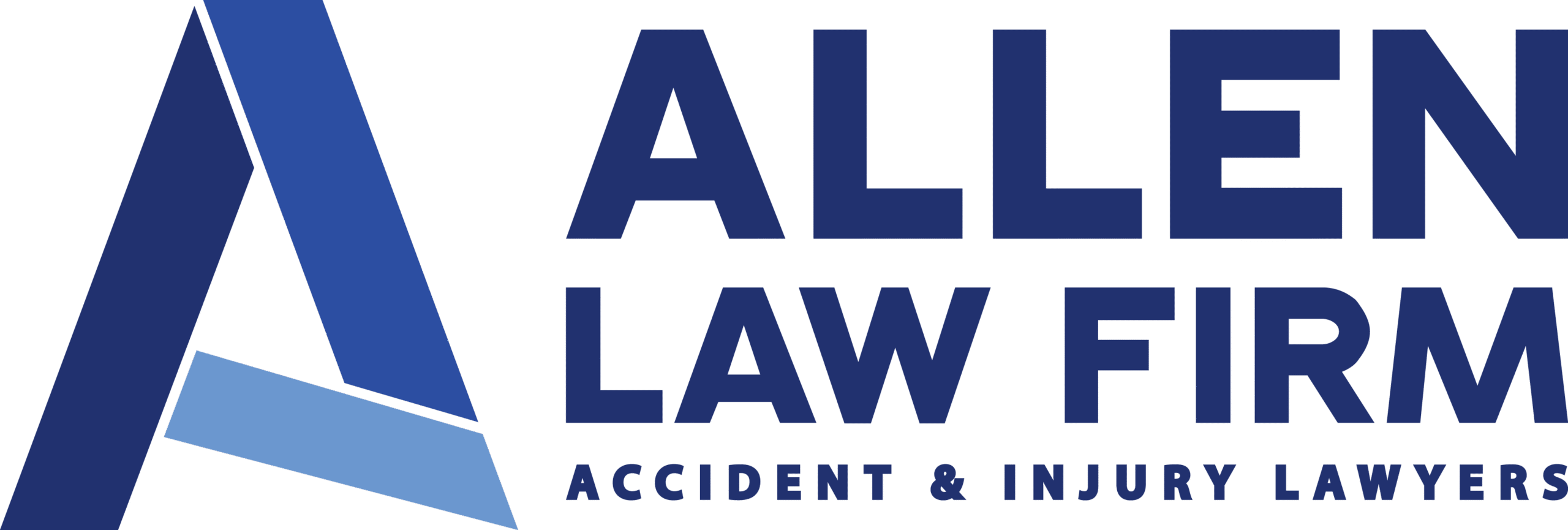What You Should and Should Not Do After a Car Accident in Florida
Bill Allen | May 25, 2021 | Car Accidents

Most individuals believe they know what they should and should not do after a car accident in Florida. However, the moments following a motor vehicle accident can be confusing and overwhelming. You may be in shock or severely injured.
The steps you take after a car accident can significantly affect the outcome of your personal injury claim. It is not just what happens at the accident scene that can impact your case. What you do in the days and weeks following a car wreck can also influence whether you receive a fair settlement for your car accident.
Essential Steps to Take After a Car Accident
Some “Do’s” that you need to keep in mind following a car crash include:
Call the Police to Report The Car Accident
Florida Statute §316.065 requires you to report a car crash that results in $500 or more in property damage or death or injury to a person. You may not be sure whether you sustained serious injuries until you see a doctor. Likewise, you may not know how much it will cost to repair your vehicle until you see a mechanic. So, it is best to report all car crashes to the police.
Having an official police report can be helpful when filing an insurance claim. It is an official record that the accident occurred. The report may also include the officer’s opinion of who caused the car accident and other information about the crash, which could be helpful when pursuing a personal injury claim.
Document the Accident Scene
If it is safe for you to do so, take pictures of the accident scene and make a video using your cell phone. Try to include the position of the vehicles, damage to each vehicle, skid marks, and the surrounding area. If there are eyewitnesses present, ask each person for their name and contact information.
Seek Immediate Medical Attention for Your Injuries
As soon as possible, see your doctor to determine the severity of your injuries. Some accident injuries may not show symptoms for hours or days after the crash. Note all symptoms and report them to your doctor as soon as possible.
Delays in medical care could hurt your car accident case. It is best to be checked by a physician immediately after the car accident. Follow up with the physician if you experience additional symptoms or your symptoms become worse.
Report the Accident to Your PIP Insurance Carrier
Florida is a no-fault insurance state. All drivers must carry Personal Injury Protection (PIP) insurance. Your PIP insurance pays a portion of your medical bills and lost wages after a car accident, regardless of who caused it.
File a prompt claim and seek medical care immediately. Your PIP claim could be denied if you do not file your claim and seek medical care within 14 days of the accident. Your insurance contract could include other terms, conditions, and deadlines for coverage.
Keep Track of Your Expenses and Other Damages
You might be entitled to compensation from the other driver if you sustained serious injuries in the accident. Keep track of your expenses and other damages for a personal injury claim. A personal injury lawyer can advise you whether you might have a claim against the other driver and help you document your damages for a claim.
Things You Should Not Do After a Florida Car Accident
Some “Don’ts” to keep in mind if you are involved in a motor vehicle accident include:
Don’t Admit Fault for the Cause of the Accident
Never apologize or admit fault at the crash scene. Even saying you are sorry could be considered an admission of fault.
If a court or insurance company determines you were at fault, you may not receive compensation for your damages from the other driver. Or, your compensation could be reduced pursuant to the comparative fault laws in Florida.
Don’t Say That You Are Not Injured
Do not say that you are “okay” or “fine.” Never say that you are not injured. Instead, say that you will follow up with your doctor if you do not go to the emergency room. You do not want your statements at the accident scene to be twisted to suggest you are “faking” or exaggerating your injuries.
Don’t Provide Statements or Sign Documents for the Insurance Provider
If the other driver’s insurance provider contacts you for a statement or requests that you sign documents, you should speak with a personal injury attorney. The insurance provider is searching for evidence that it can use to avoid paying your claim or undervalue your payout. Get legal advice to protect your best interests.
Don’t Discuss the Accident or Your Injuries on Social Media or Online
Avoid using social media while your personal injury claim is pending. The insurance company or defense attorneys may use information you share online to discredit your testimony in court. A judge could grant access to your online accounts in some cases.
Don’t Accept a Settlement Agreement Without Talking to a Car Accident Lawyer
A settlement agreement ends your case. When you sign the settlement agreement, you give up the right to sue the other party. You cannot demand more money in the future, even if you discover additional damages or injuries.
Before you agree to a settlement offer, talk with a personal injury lawyer about your case. Make sure that the settlement offer is fair. Most personal injury lawyers offer free consultations, so it does not cost you anything to get legal advice about your car accident claim.
Contact Our Car Accident Law Firm in North Central Florida
If you need legal assistance, contact the Gainesville car accident lawyers at Allen Law Accident & Injury Lawyers at your nearest location to schedule a free consultation today.
We have two convenient locations in North Central Florida:
Allen Law Accident & Injury Lawyers – Gainesville office
2550 SW 76th St #150
Gainesville, FL 32608
(877) 255-3652
Allen Law Accident & Injury Lawyers – Ocala Office
112 S Pine Ave
Ocala, FL 34471
(352) 351-3258

